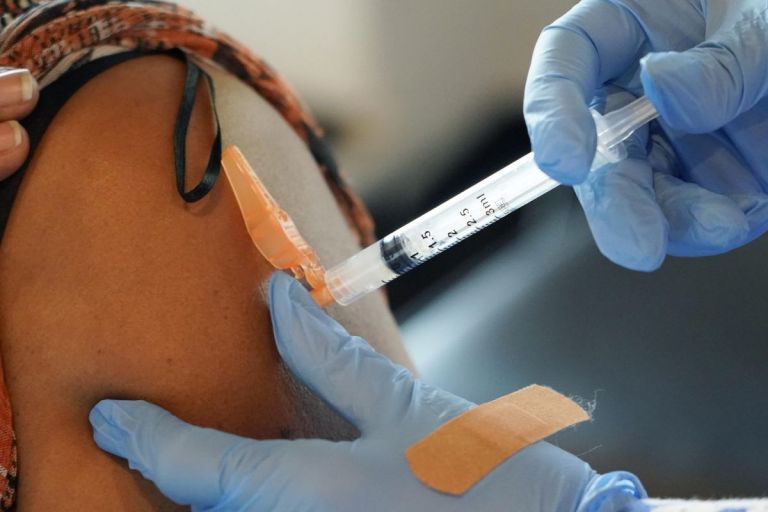UPDATE: Nation’s Highest Court Hears Oral Arguments on Biden’s Vaccine Mandates

The United States Supreme Court held a special session on Friday to determine whether to go through with vaccine mandates issued by the Centers for Medicare and Medicaid Services (CMS) and the Occupational Safety and Health Administration (OSHA) that are set to go into effect today.
The former would require 80% of healthcare workers at CMS-covered facilities to be fully vaccinated by January 27th and 100% in compliance by March 28th. The latter calls for employers with 100 or more employees to either implement a vaccine mandate or a testing protocol in which employees undergo weekly COVID-19 testing and wear face masks at work.
Two dozen states have filed lawsuits against the mandates. Many business groups across the country have formed coalitions to block the OSHA mandate, which includes temporary workers, seasonal workers, and minors.
Fortunately for many employers, the highest court in the land remains skeptical. After nearly four hours of questioning and comments, many believe the Court is leaning towards splitting the difference—issuing a stay on the OSHA mandate but allowing the CMS mandate to go forward. While some justices seemed in support of both mandates, others questioned the overly broad nature of the OSHA mandate and felt the agency lacked authority to issue it.
Lamenting that the OSHA mandate represents a first for the federal government in the country’s history, Chief Justice Roberts commented that it appeared to him as more of a “broad attempt” to vaccinate all Americans.
If allowed, which seems unlikely given the Court’s reaction, employers should keep in mind the following exemptions to the OSHA mandate:
- Independent contractors are not covered, nor do they count toward the 100-employee threshold.
- Fully remote workers are largely exempt. However, if they are required to occasionally perform in-person work, they must either be fully vaccinated or obtain a negative test result within seven days of reporting to the office.
- Isolated workers, or employees who do not report to a workplace where co-workers or customers are present.
- Employees who work exclusively outdoors.
If you have questions about this topic, or any other general employment issues, please do not hesitate to contact the attorneys at The Royal Law Firm at 413-586-2288.








